Scientists Plan to Store Over 10,000 Human Poop Samples in the ‘Doomsday Vault’ — Here’s Why
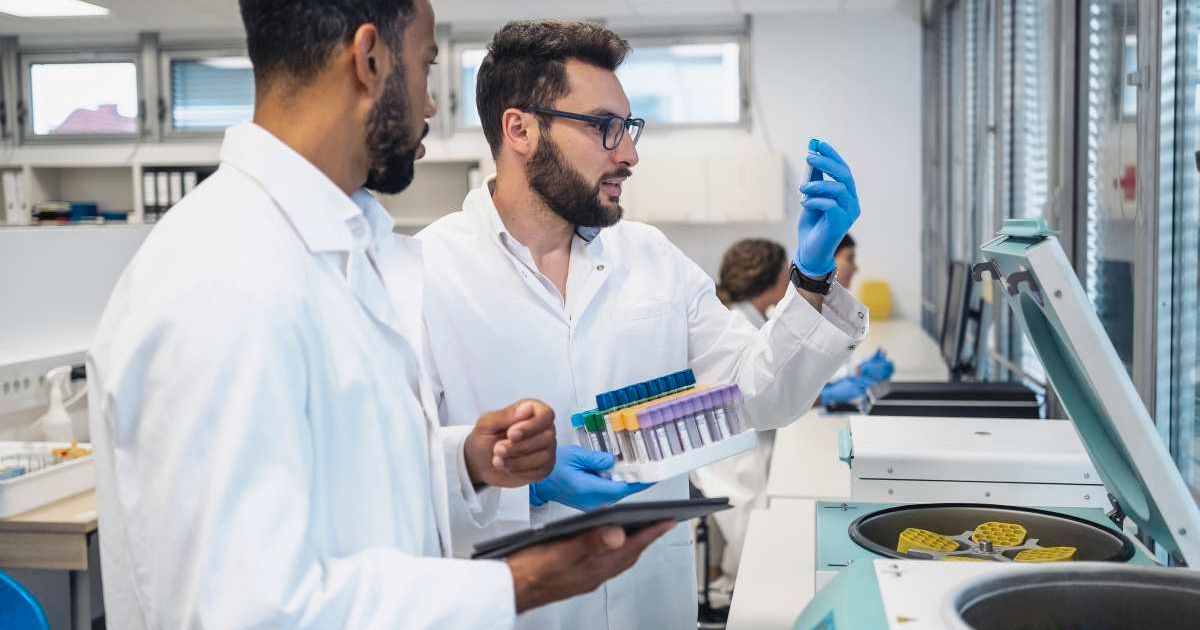
In a recent study published in the journal Nature Communications, scientists revealed that a precious bacterium, named B.infantis, has been declining in the last few years. The bacteria, found typically in infants’ guts and mothers' breastmilk, have evolved to support immune development. Today, as doctors themselves recommend probiotic supplements, formula feeding, Cesarean sections, and antibiotics, this bacterium is on the verge of decline. This is not the only beneficial microbe tailing off from the environment. There are countless microbes. Dwindling microbial life means a dire threat to our planetary life, including humans. To prevent the collapse of life on Earth, a team of scientists created an insurance policy for the future in the form of the “Doomsday vault.”
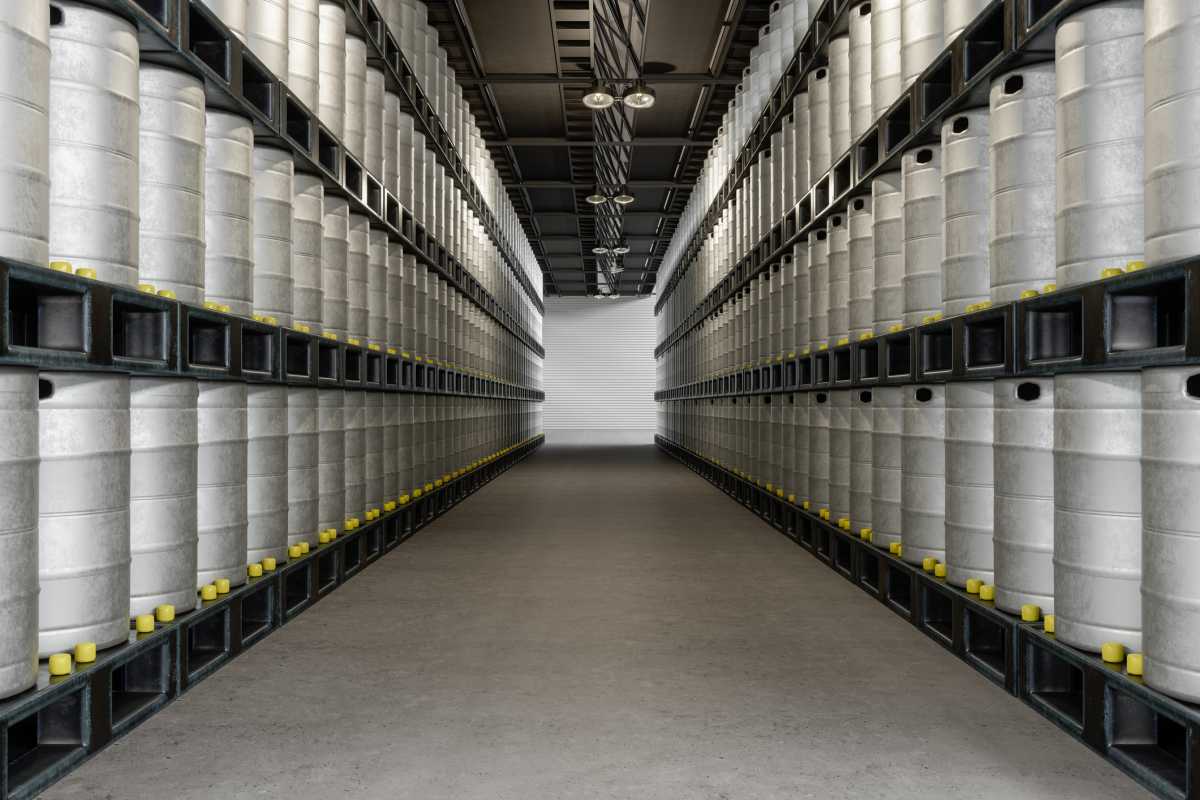
Tucked deep inside a mountain, the remote Swiss island of Spitsbergen, there’s a freezer nestling in a laboratory at the University of Zurich. Inside this freezer, among many other seed samples, there’s an archive of thousands of samples of human poop collected from locals and people living in nearby villages. The purpose behind this bizarre project is to preserve precious microbes that struggle and dither inside human poop.
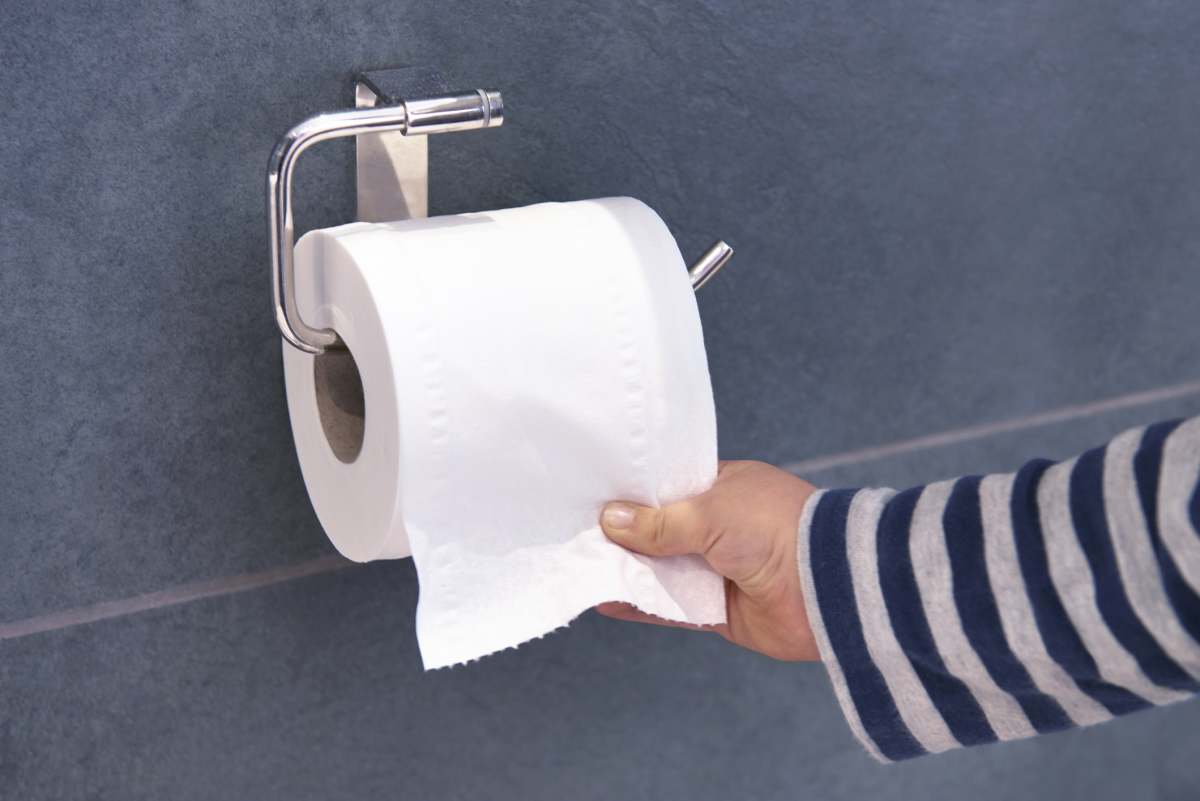
Human poop might not be the most appealing thing one may want to talk about, but when looked at from a scientist’s point of view, it is brimming with substances that could make or break life on Earth, Vox explains. An embodiment of decomposing nature, human poo is crowded with carcasses of dead plants, indigestible vegetable matter, bacteria that are still alive, and, of course, water. Add to the list the remnants of valuable chemicals ejected from the breakdown of fats, dead blood cells, and assorted secretions of bodily fluids.
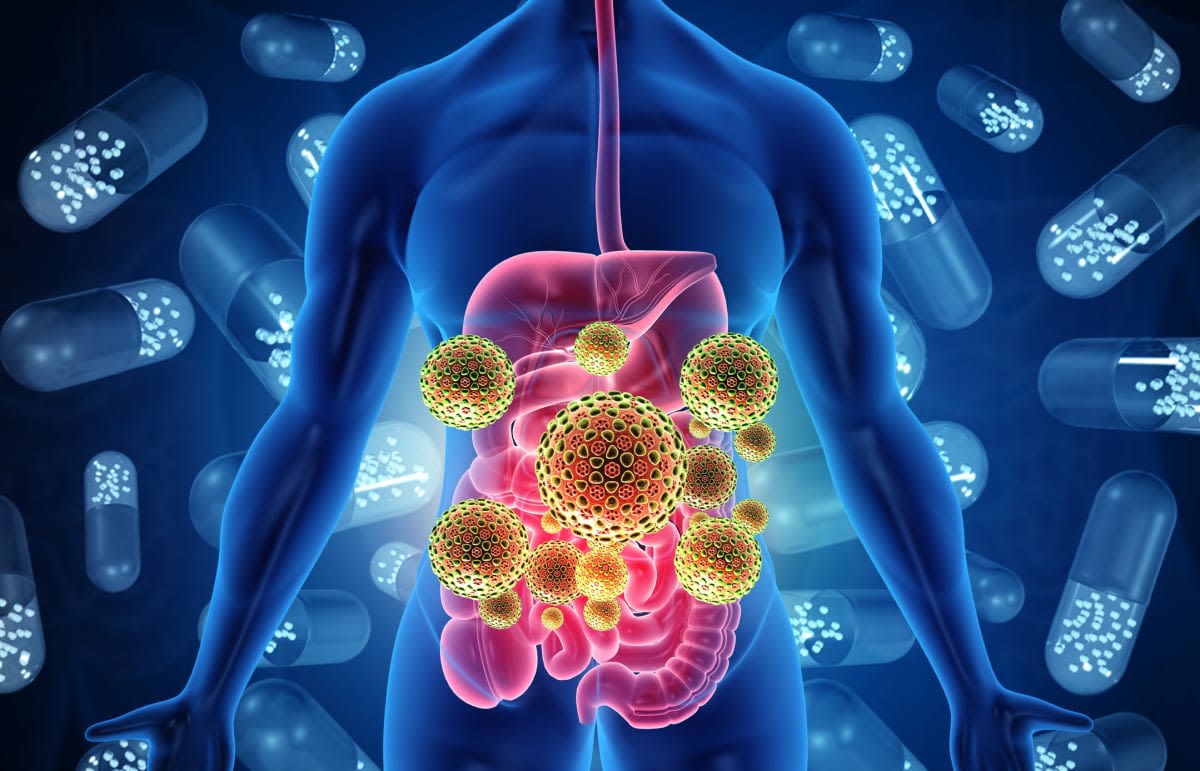
Take examples of microbes like H.pylori and T. succinifaciens, which are found in the human gut. The crazy urban sprawl has diminished the numbers of this bacteria, leading to a rising graph of chronic diseases. Not just the human gut, take the methane-regulating Arctic microbe like M. stordalenmirensis. Climate change is triggering a worrisome decline of so many prized microbes, per The Conversation. This steep disruption in microbial communities triggers a dangerous feedback loop that accelerates environmental disturbance by accelerating greenhouse gas emissions, heating up the planet, the rise of chronic diseases, and choking vital plant and wildlife.
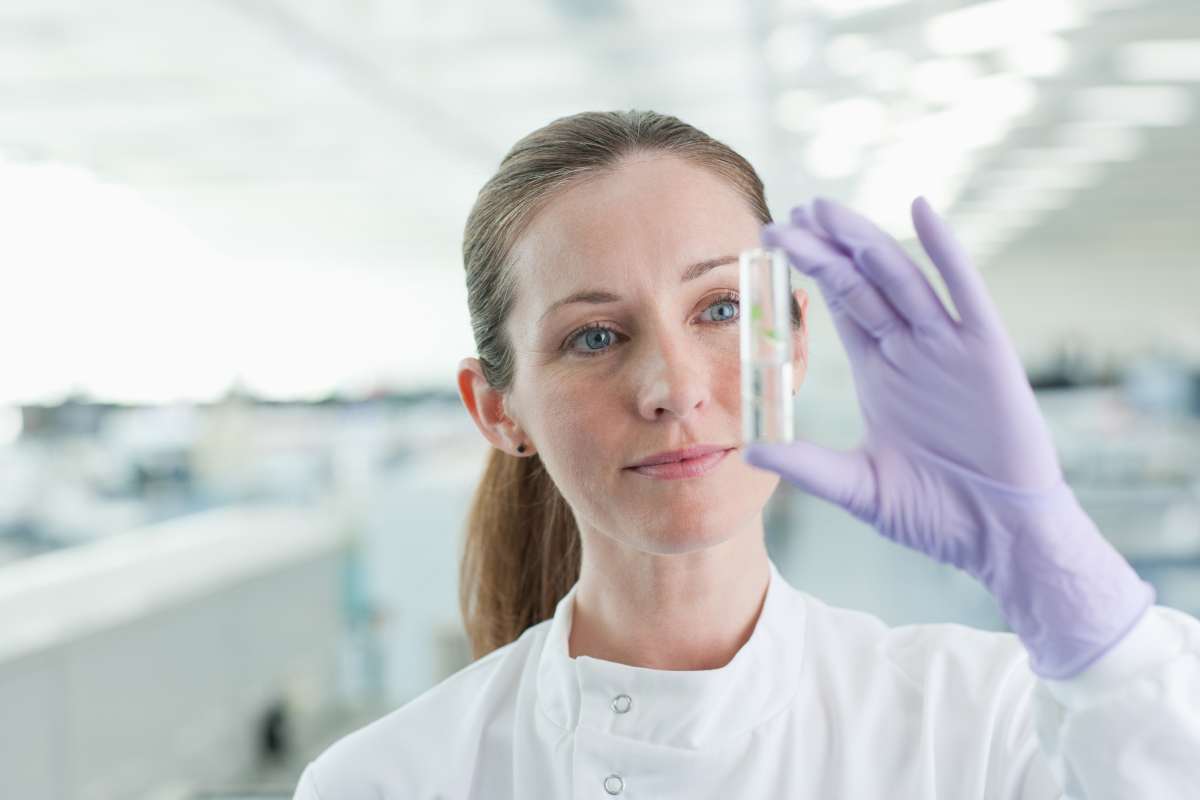
Doctor Martin Blaser, director of the Center for Advanced Biotechnology and Medicine at Rutgers University, shared in a press release that although there is no solid proof that says that re-introducing frozen microbes into a human gut or ecosystem could restore healthy life. But should human civilization come to collapse, these restorative techniques could offer at least a speck of help.
The “Doomsday vault” is part of the Microbiota Vault Initiative (MVI), a not-for-profit, non-governmental organization, launched in 2018. As backup copies of useful microbes, scientists have stored more than 1,000 samples of human poo in this vault, and by 2029, the number is estimated to be more than 10,000. The Swiss storage vault was inspired by the Svalbard Global Seed Vault (SGSV), which safeguards a vault of seeds as a food insurance for the future. "Maybe 100 years from now, having saved these microbes could prevent a major disaster," Blaser reflected.
More on Green Matters
Scientists Found One Food That Will Save Humanity in the Event of an Apocalyptic Nuclear War
Climate Clock in NYC Is Counting Down to July 21, 2029. Here’s What It Means for Our Planet